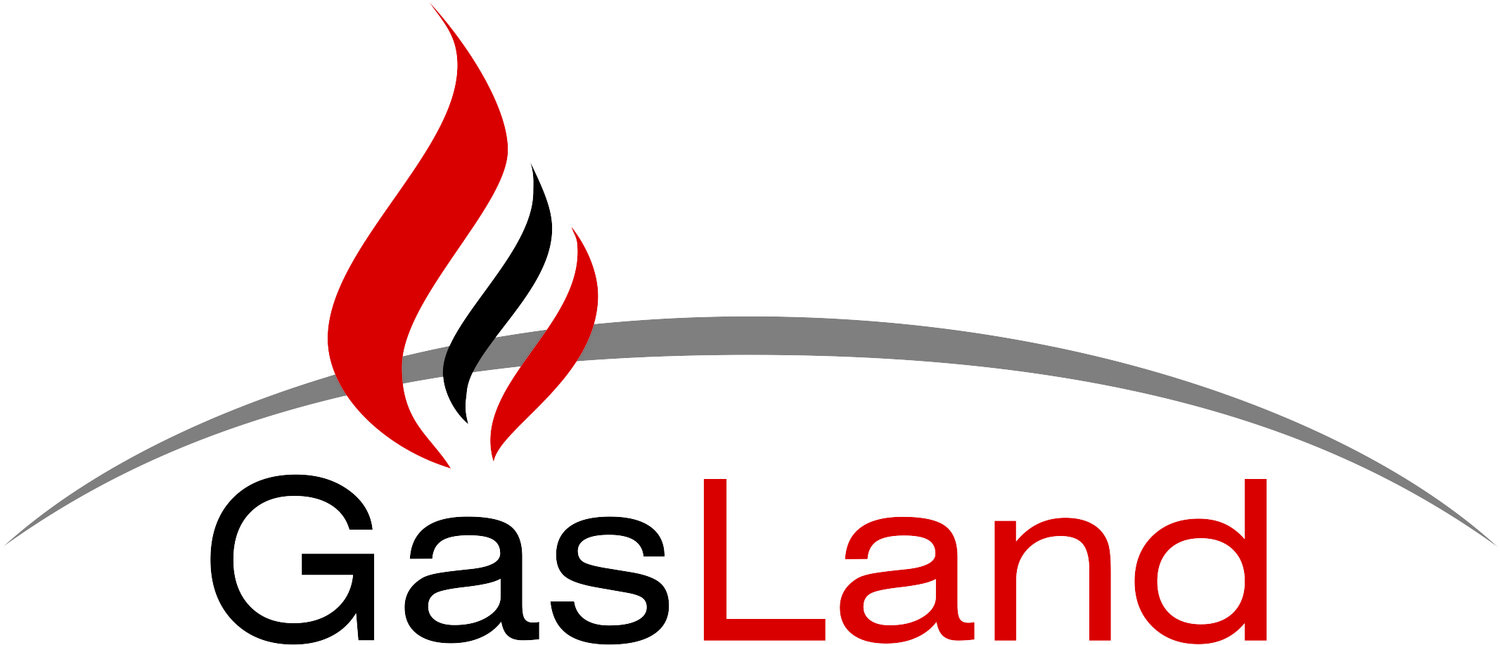On June 1, 2018, the Trump administration imposed far-reaching steel and aluminum tariffs targeting China but extending well beyond. To what degree will the LNG industry shoulder the effects?
The Price of Protectionism
As Tellurian Chairman Charif Souki recently reflected, American steel tariffs “may significantly increase our construction costs.” We at Gas Land have, unfortunately, received indication from several vendors and sub-suppliers describing the extent to which the tariffs have already spiked production and operating costs, especially impacting piping and valve pricing.
Tit for Tat
Likely to follow American tariffs are China’s own retaliatory measures pertaining to Western imports. One of the world’s largest LNG importers, China is simultaneously the global economy’s principal steel exporter. The country is at once a beneficiary of LNG infrastructure and instrumental to its construction.
As noted in one of our recent blog entries (link blog post), the United States is one of the fastest growing LNG exporters to the Asian world – a trade war would likely reverberate across industries, endangering confidence in economic exchange. What would stop China from taxing American natural gas?
Mounting Pressures
Already struggling to secure adequate investment and sufficiently long-term contracts in a post-boom market, prospective LNG projects are more budget conscious than ever. Any price fluctuation or mere diffidence in the prospect of steady trade rules could prompt recalculation of prior investment deals/requirements. The tedious final investment decision (FID) process for hopeful LNG projects may thus become even less straightforward. More, complications with Federal Energy Regulatory Commission (FERC) approval follow suit. Should steel tariffs continue to diminish the buying power of American builders and manufacturers, the LNG industry will most certainly feel the effects. LNG players should expect nothing less than a cascade of negative externalities.
For LNG, it is too soon to decipher the full impact of steel and aluminum tariffs. Yet for current and pipelined projects, immediate consideration and reassessment of budgets seems immanent.
References:

